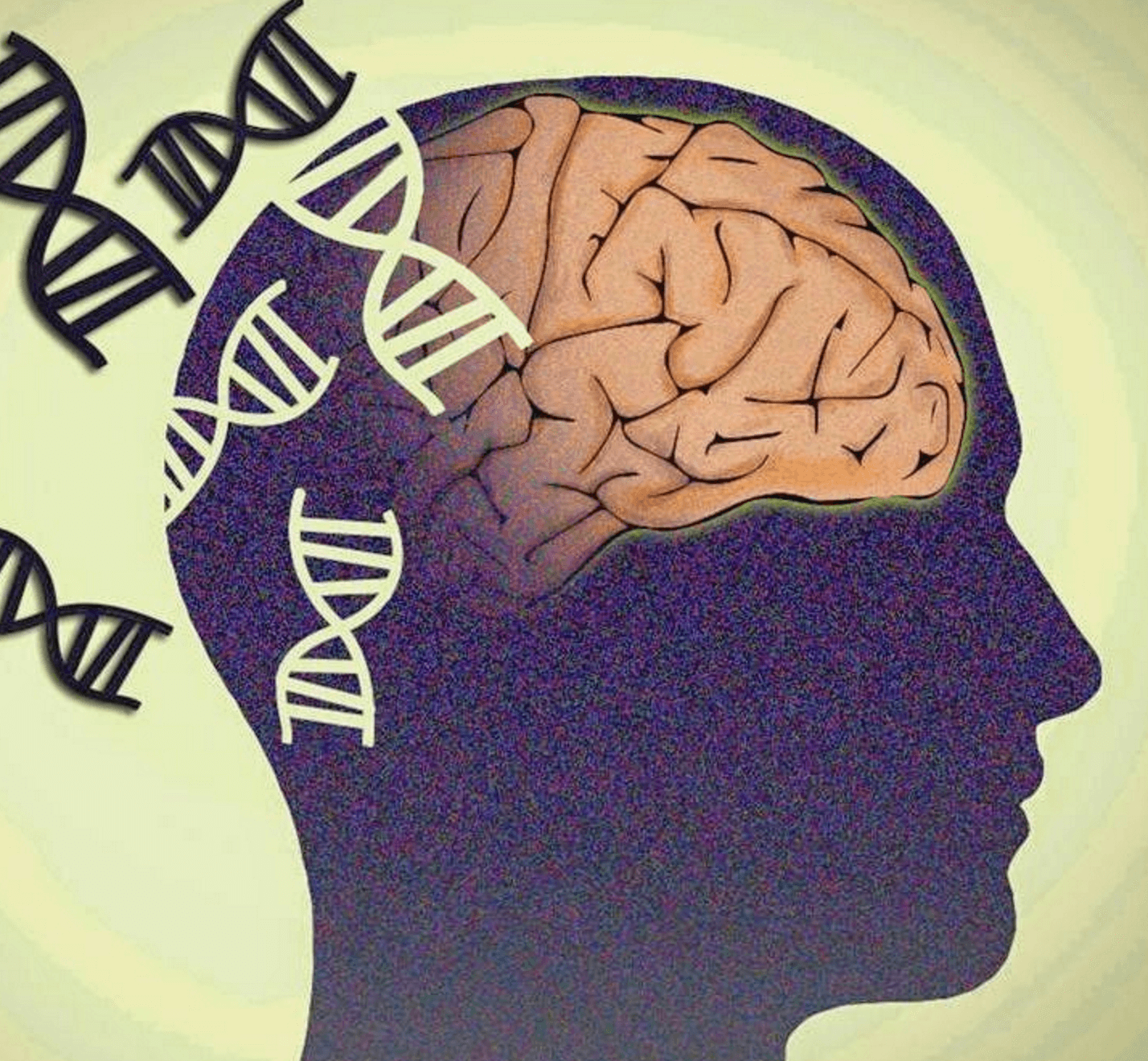The role of genetics in bipolar disorder has been a subject of extensive research, and it is widely recognized that there is a genetic component to the development of this complex mental health condition. Understanding the genetic links is crucial for both unraveling the underlying causes of bipolar disorder and developing targeted interventions. Here’s an exploration of the genetic factors associated with bipolar disorder:
- Heritability of Bipolar Disorder:
- Research consistently indicates that bipolar disorder has a significant genetic component. Individuals with a first-degree relative (parent or sibling) who has bipolar disorder are at a higher risk of developing the condition compared to the general population.
- Genetic Variability:
- Bipolar disorder is likely influenced by multiple genes, and researchers have identified several susceptibility genes associated with the disorder. These genes are involved in various biological processes, including neurotransmitter regulation, circadian rhythm, and neuronal functioning.
- Polygenic Nature:
- The polygenic nature of bipolar disorder suggests that it is not caused by a single gene but rather by the combined effects of multiple genetic variations. Each genetic variant may contribute a small increase in susceptibility.
- Neurotransmitter Systems:
- Genes involved in the regulation of neurotransmitters, such as serotonin, dopamine, and norepinephrine, have been implicated in bipolar disorder. Imbalances in these neurotransmitters are associated with mood dysregulation.
- Circadian Rhythm Genes:
- Genes related to circadian rhythm, the body’s internal biological clock, are also implicated. Disruptions in circadian rhythm have been observed in individuals with bipolar disorder, and genetic factors may contribute to these disruptions.
- Brain Structure and Function:
- Certain genetic variations are associated with differences in brain structure and function, particularly in regions involved in emotional regulation and mood control. Abnormalities in these areas may contribute to the development of bipolar disorder.
- Gene-Environment Interactions:
- While genetics plays a significant role, environmental factors also contribute to the risk of developing bipolar disorder. Gene-environment interactions, where genetic vulnerabilities interact with environmental stressors, can influence the onset and course of the disorder.
- Complex Interplay:
- The interplay between genetic and environmental factors is complex. Not everyone with a genetic predisposition will develop bipolar disorder, and environmental factors, such as stress, trauma, or substance abuse, can trigger the onset of symptoms in genetically vulnerable individuals.
- Advances in Genetic Research:
- Advances in genetic research, including genome-wide association studies (GWAS), have led to the identification of specific genetic markers associated with bipolar disorder. These findings contribute to a better understanding of the biological mechanisms involved.
Understanding the genetic underpinnings of bipolar disorder is a dynamic and evolving field. While significant progress has been made, much remains to be discovered. Genetic research not only provides insights into the biological basis of the disorder but also holds promise for the development of more targeted and personalized treatments for individuals with bipolar disorder. It’s important to note that genetic factors represent one aspect of a complex interplay of factors contributing to the development of bipolar disorder.

